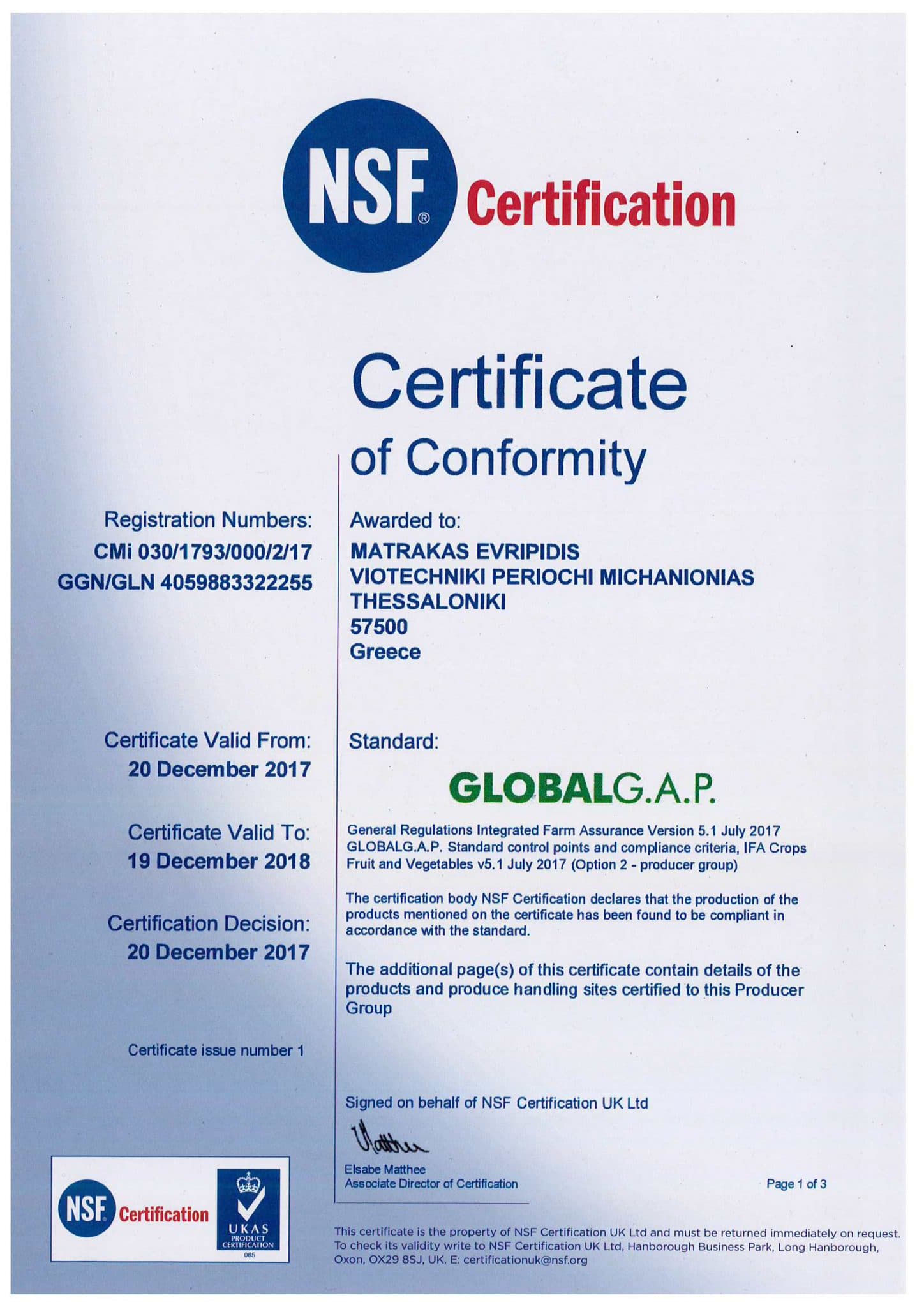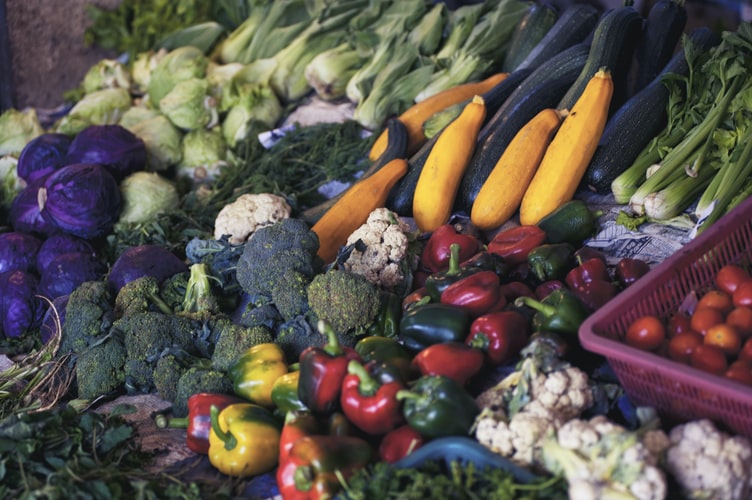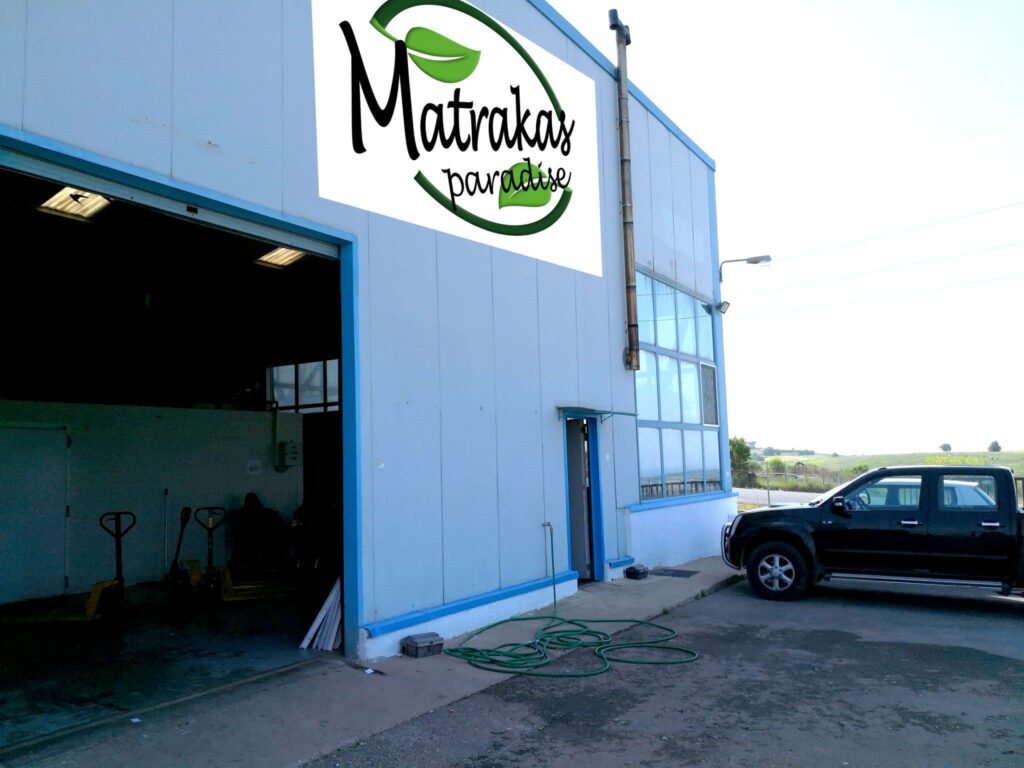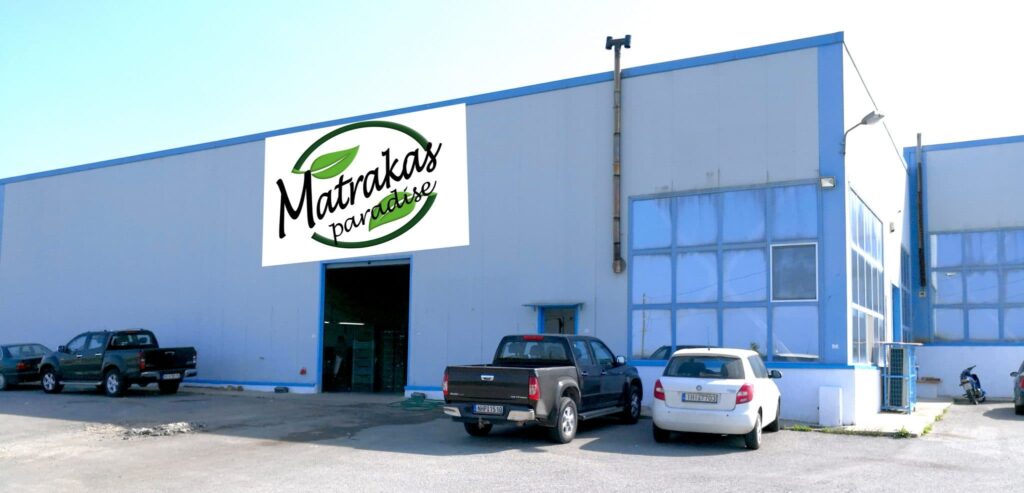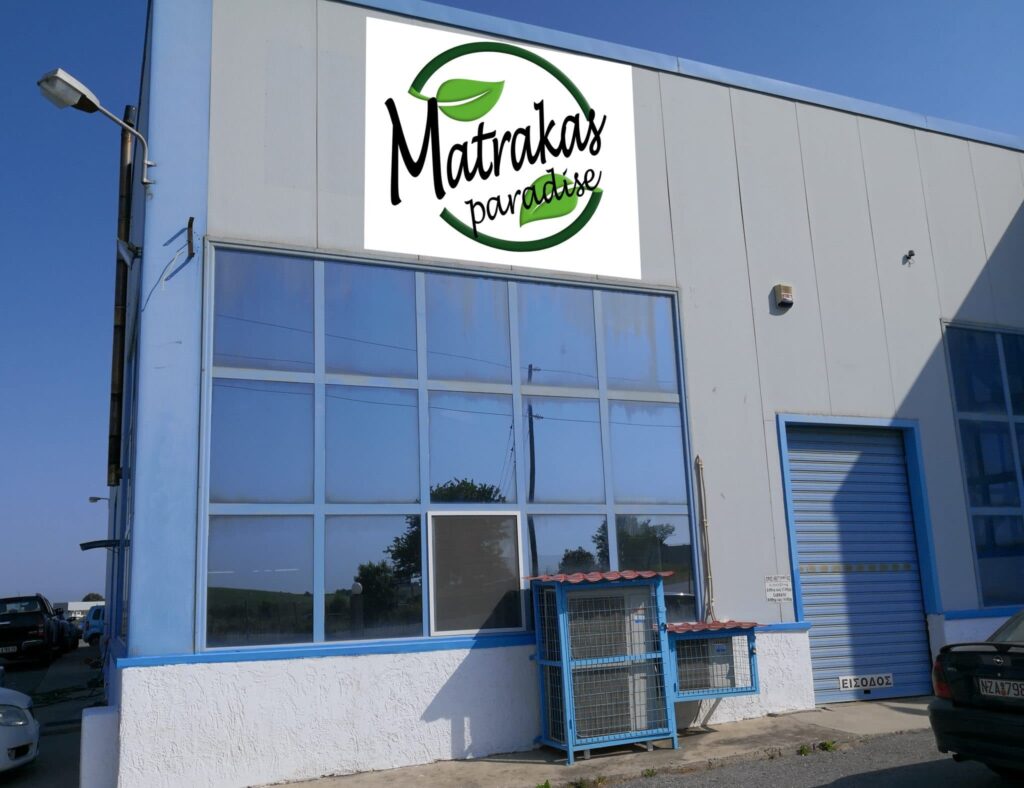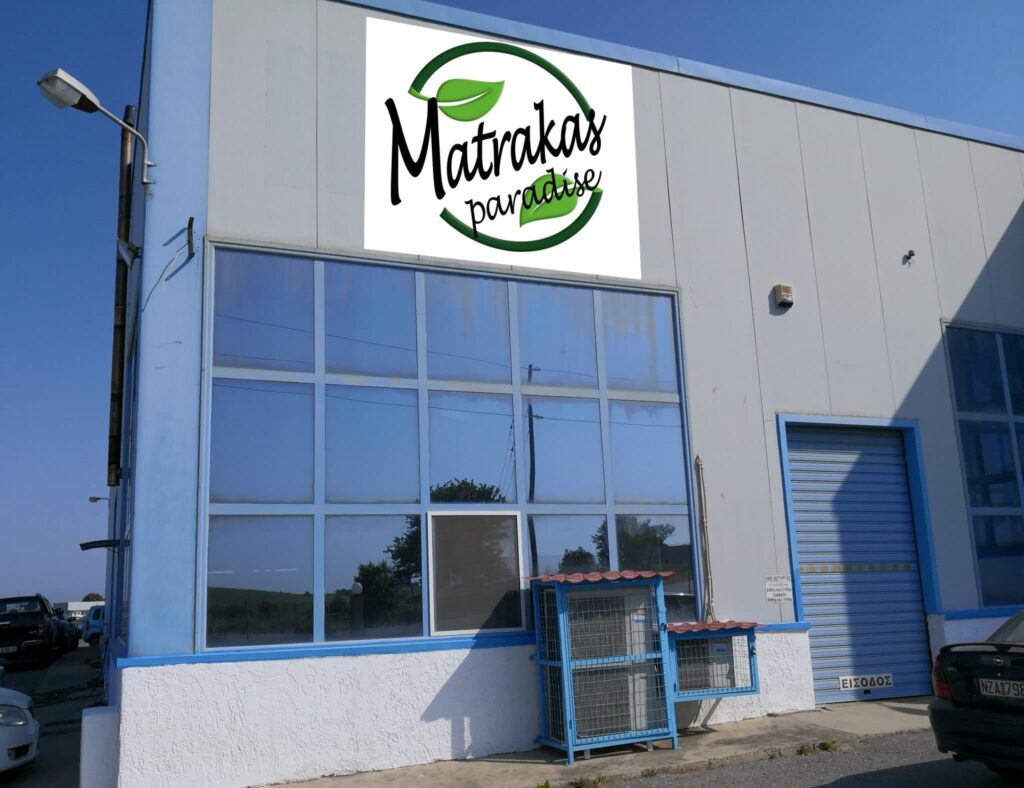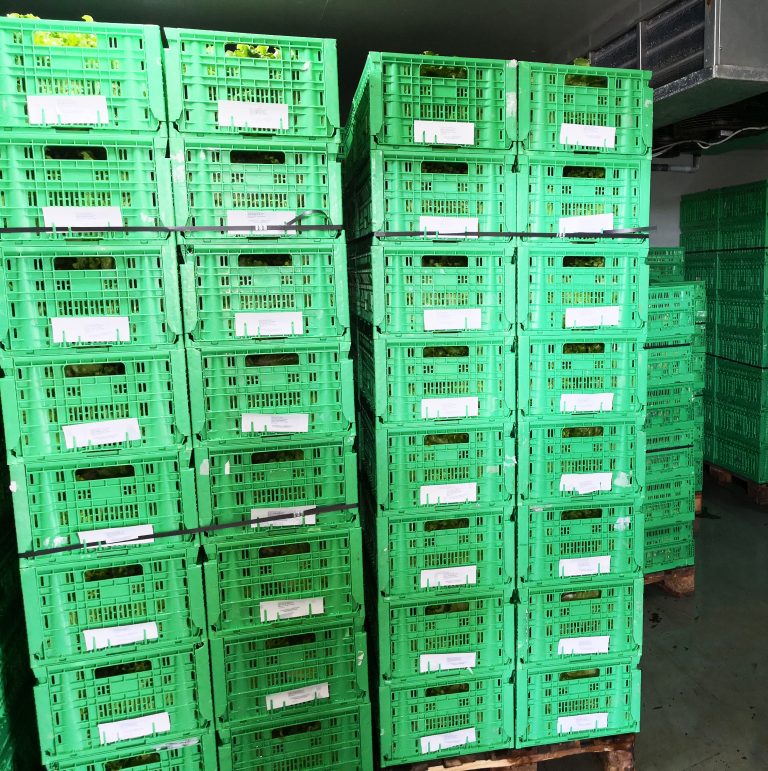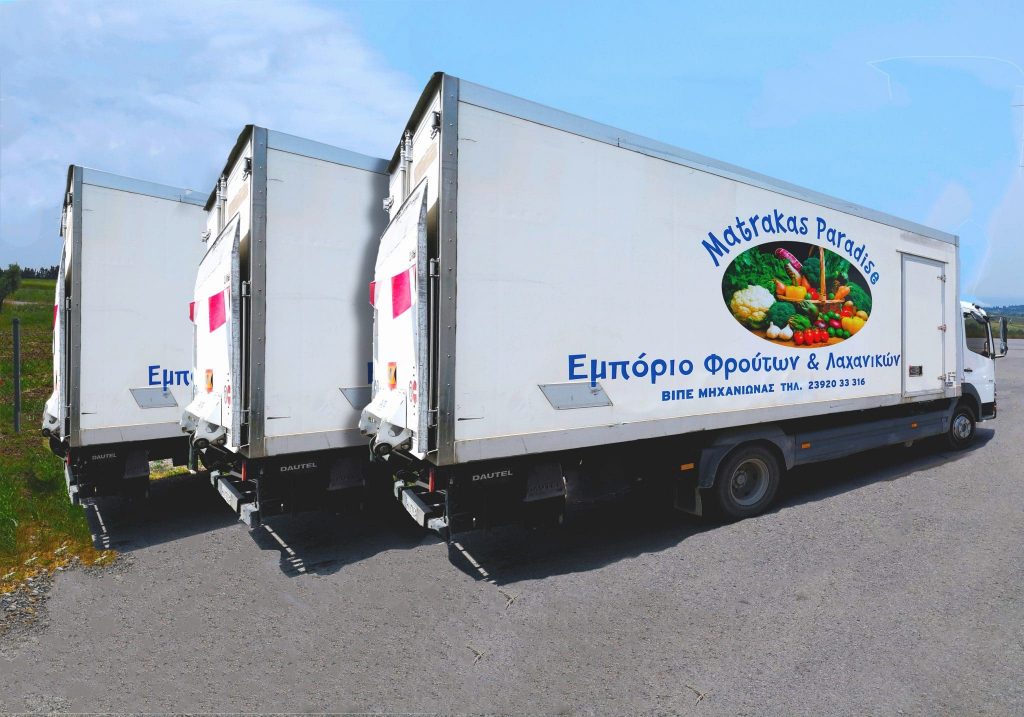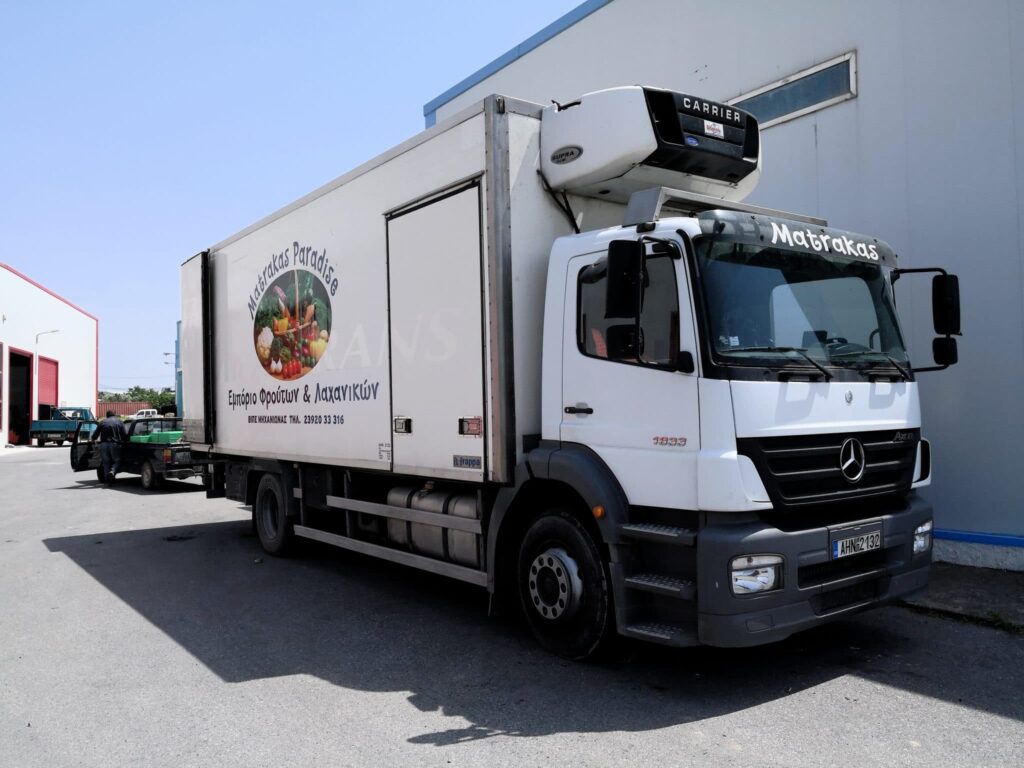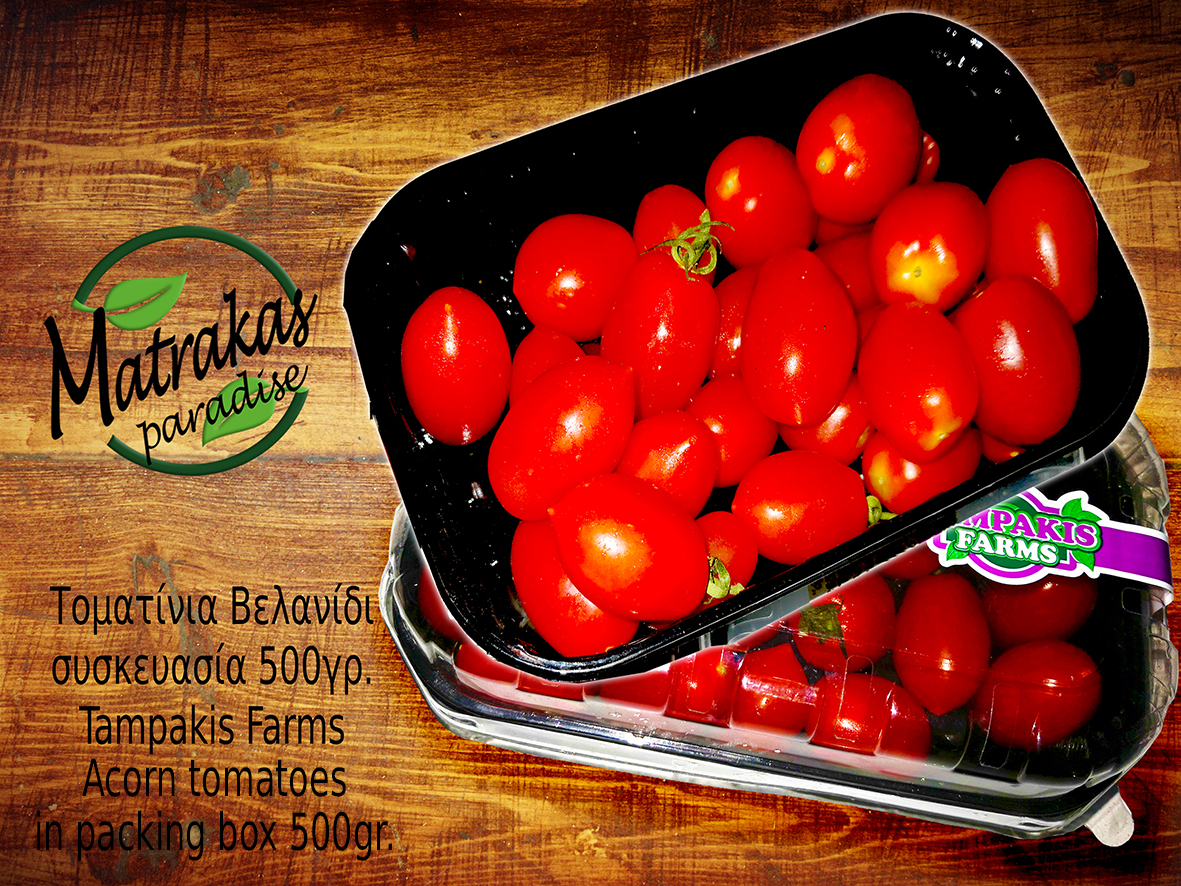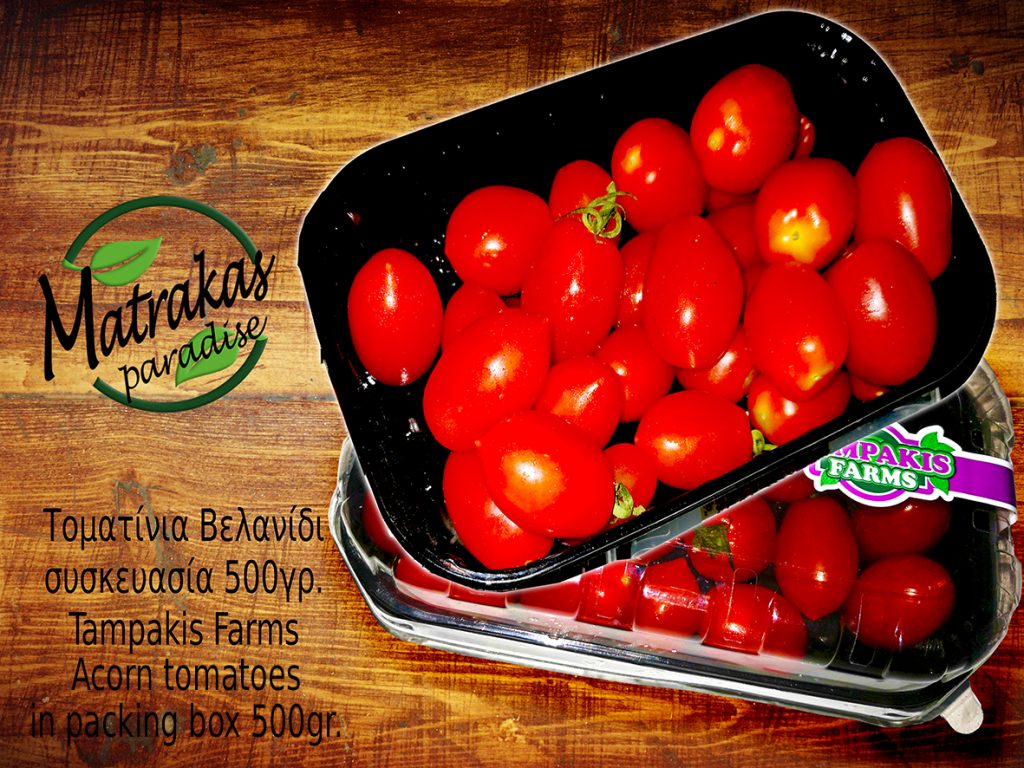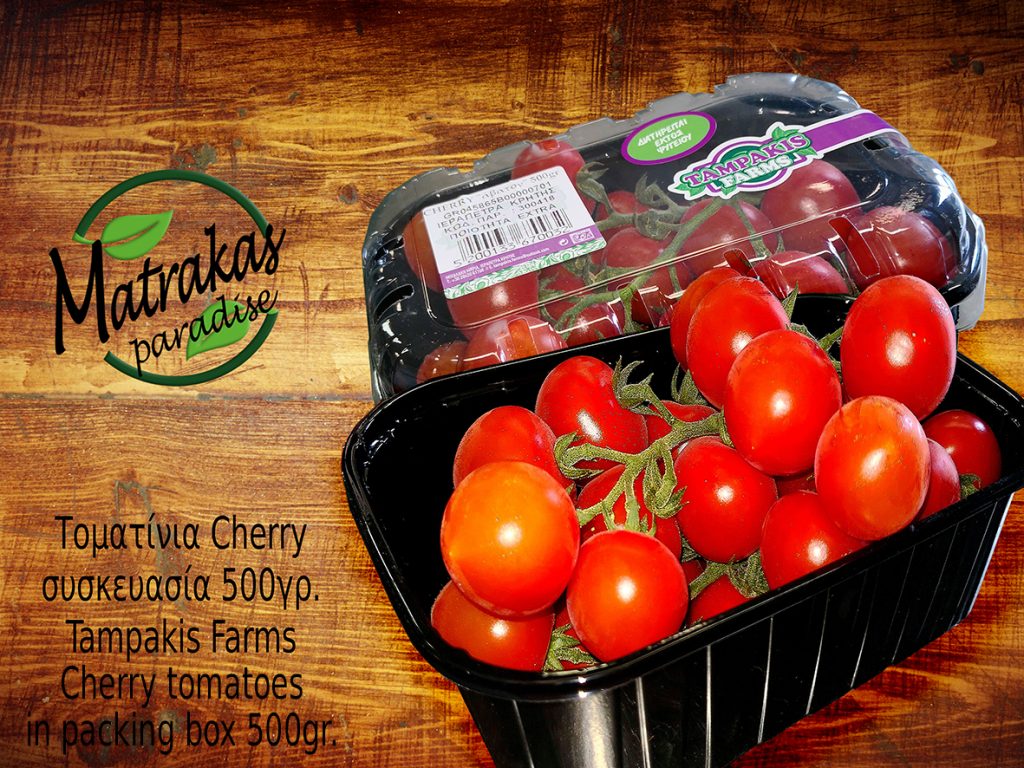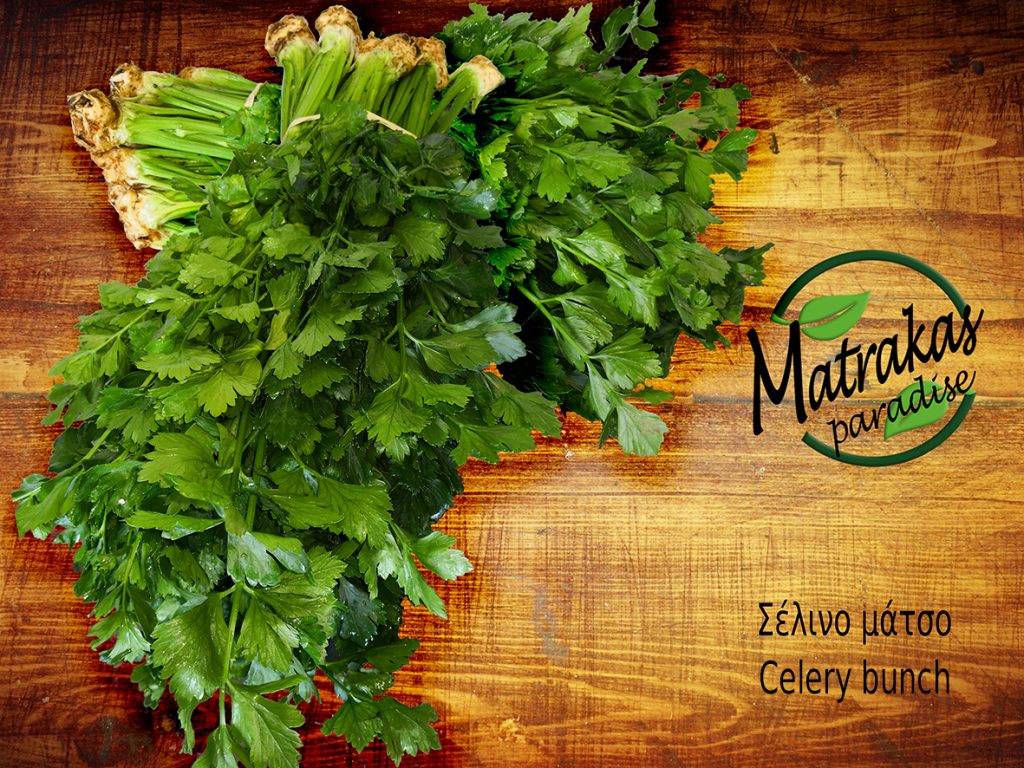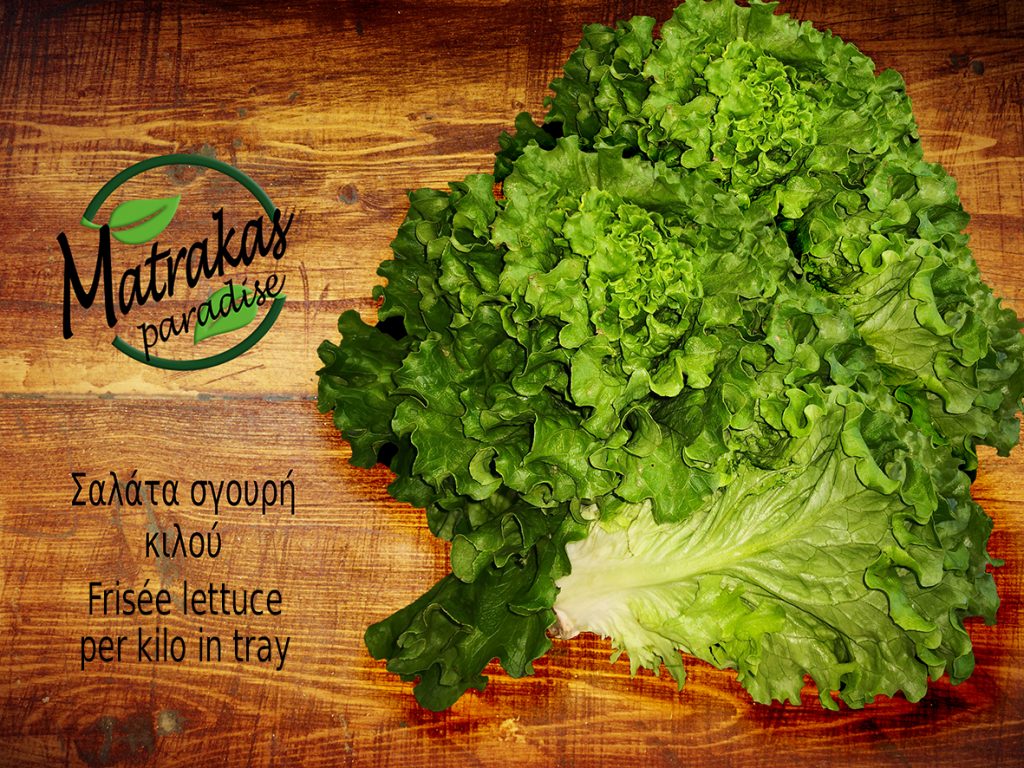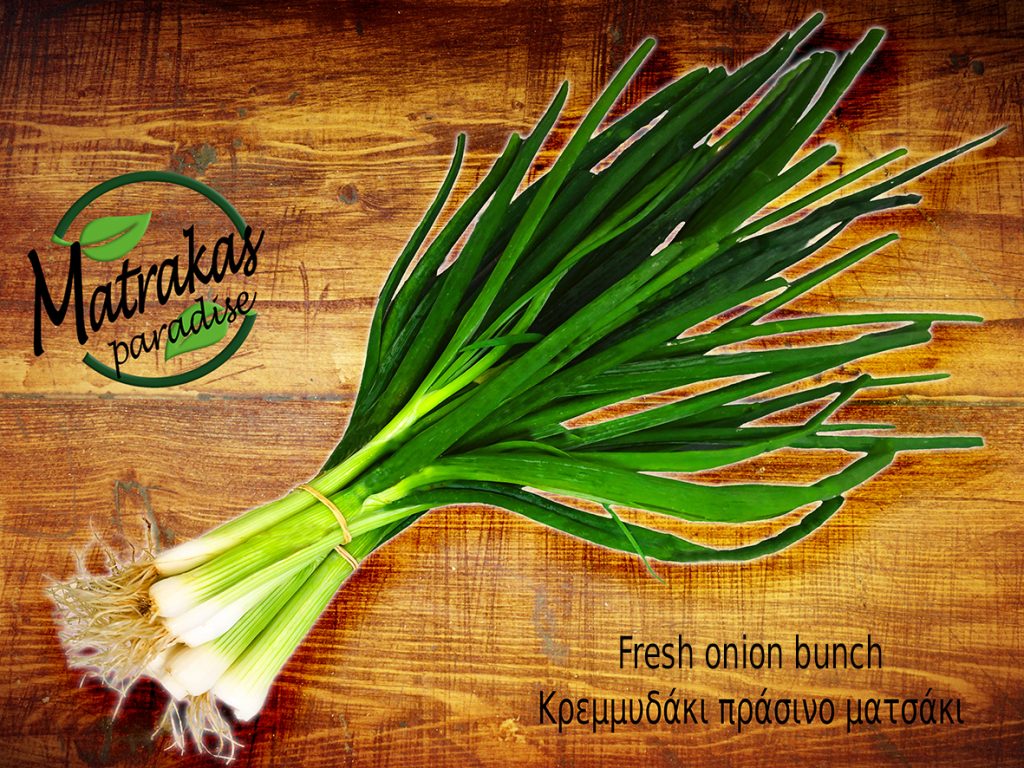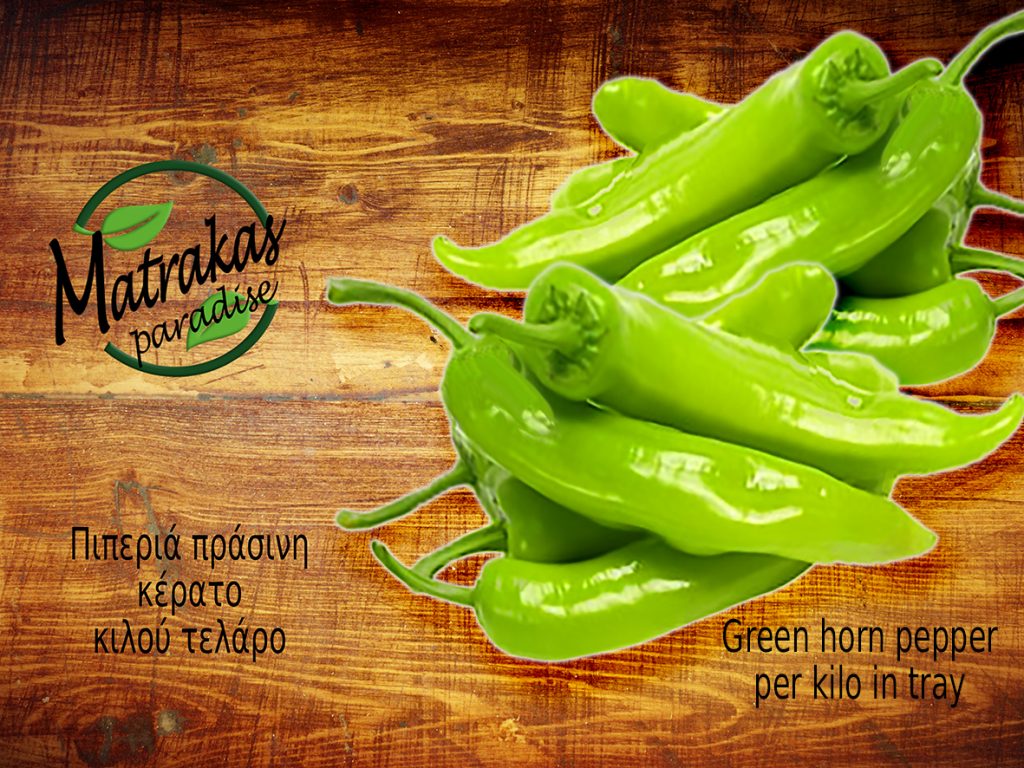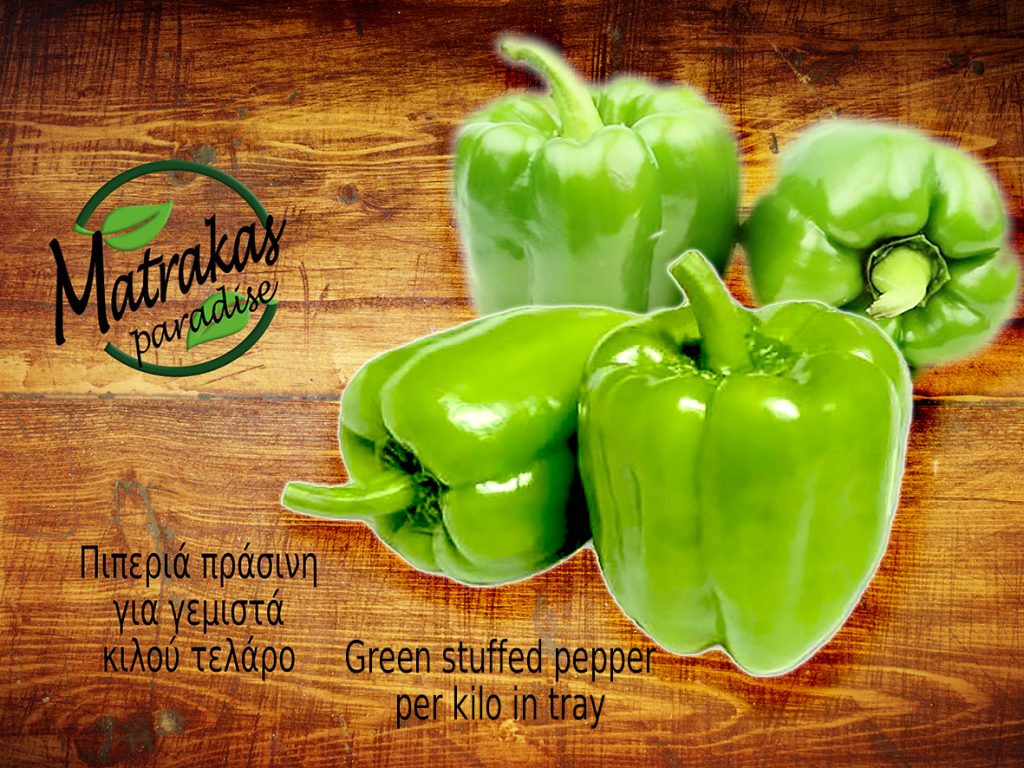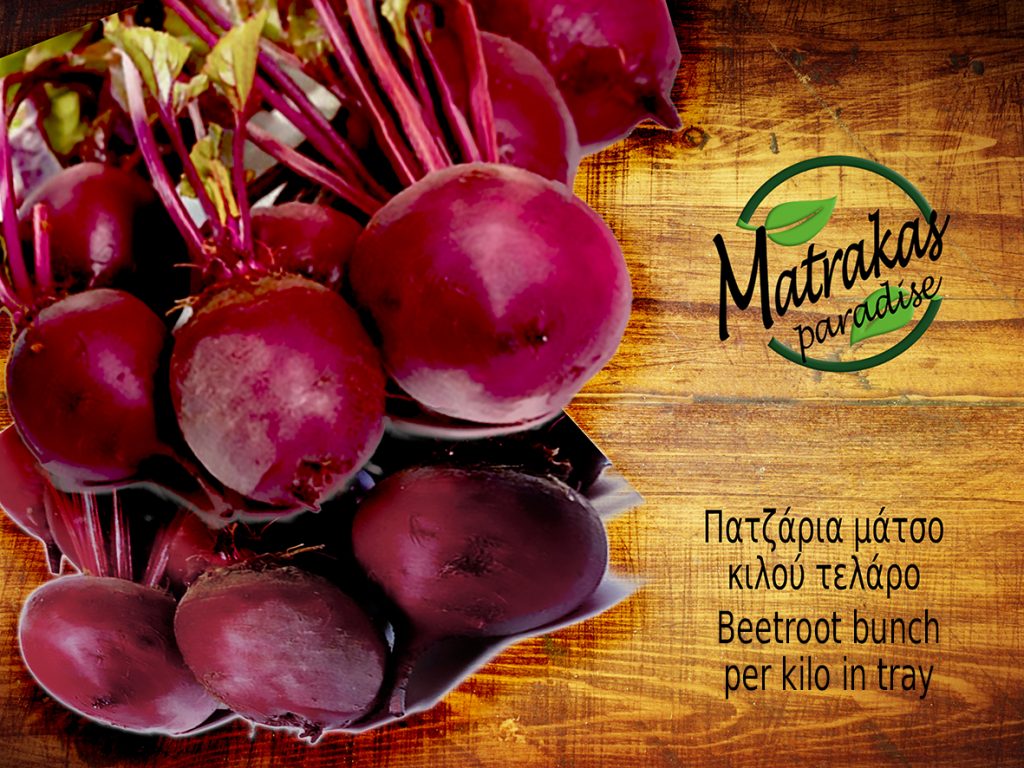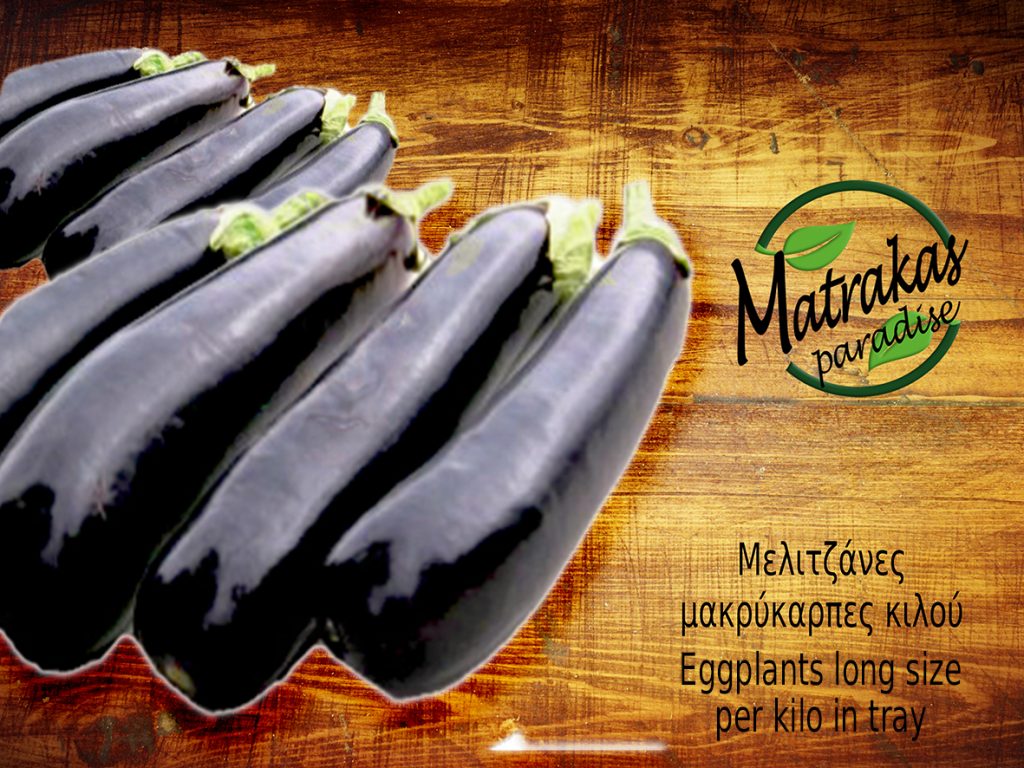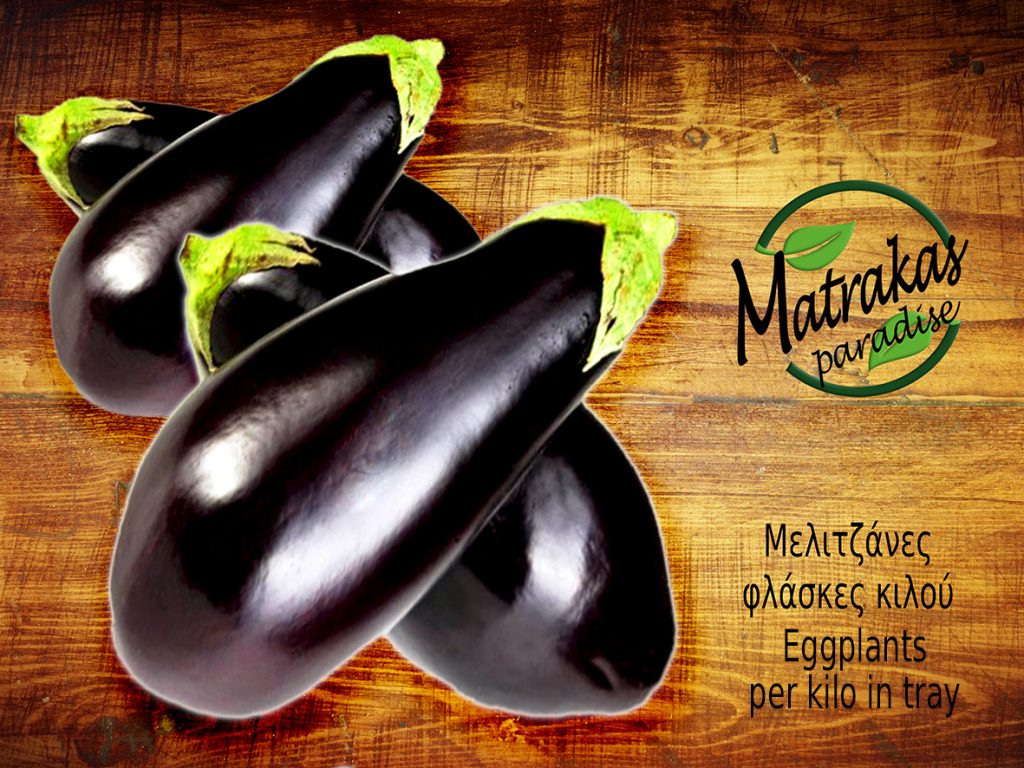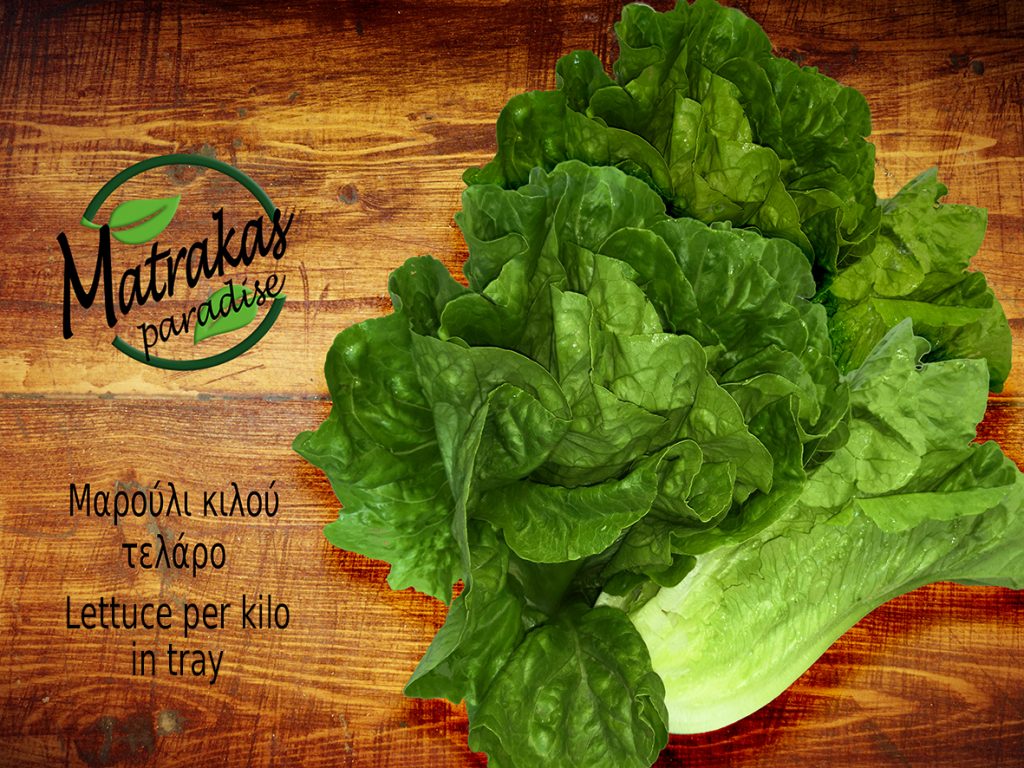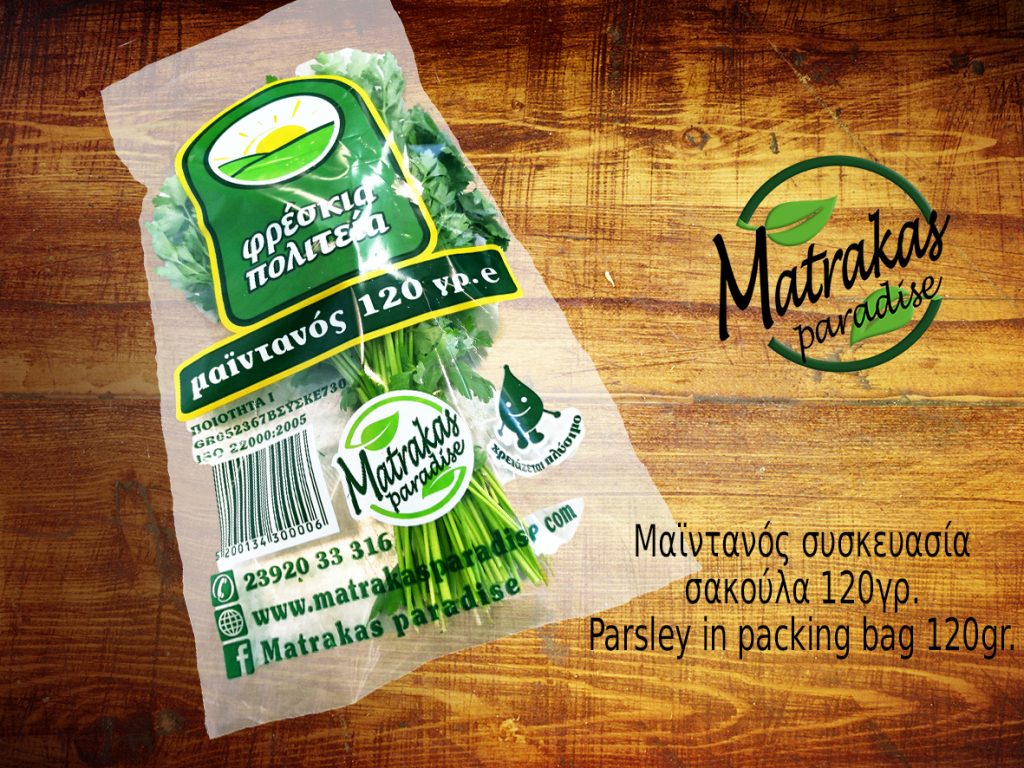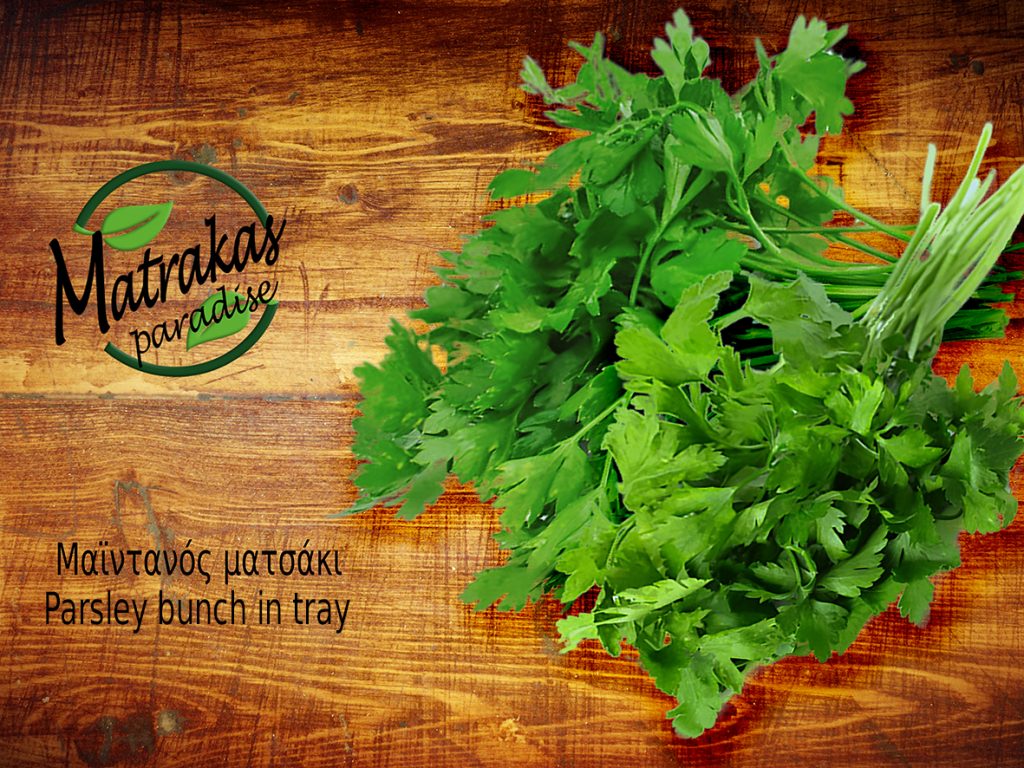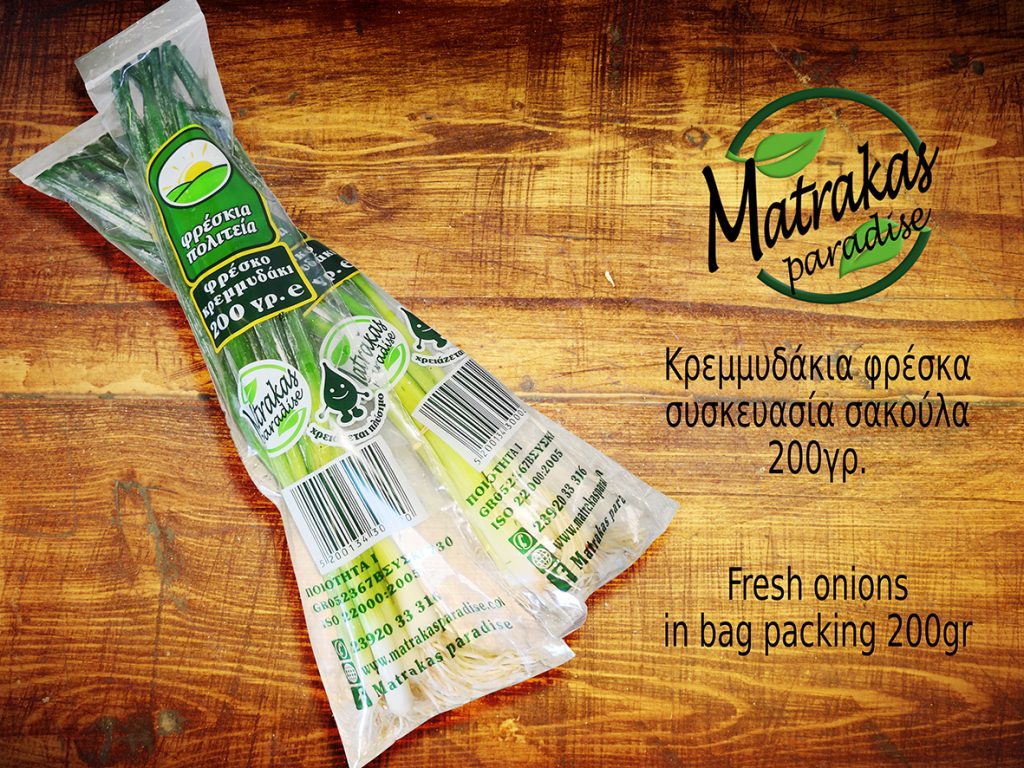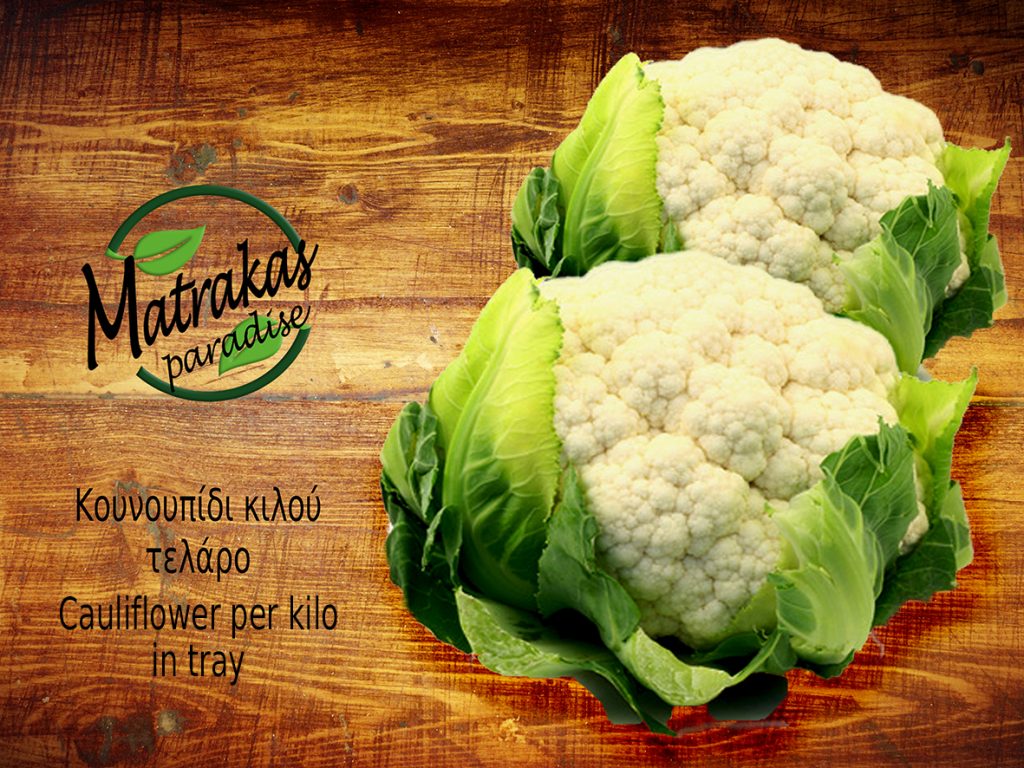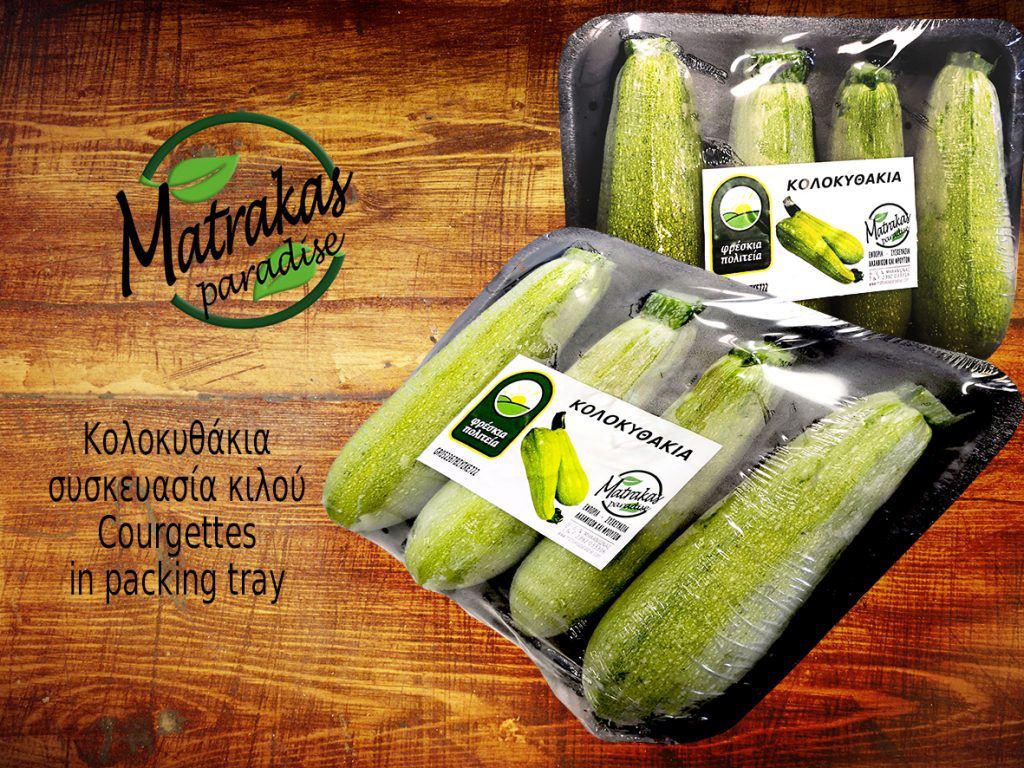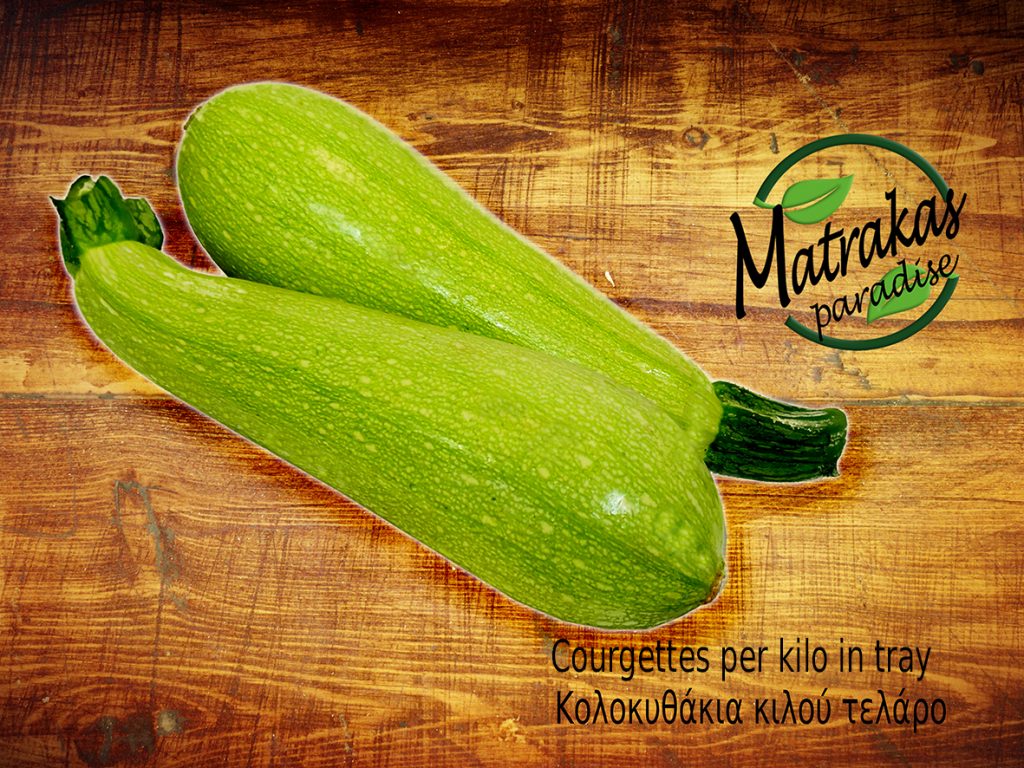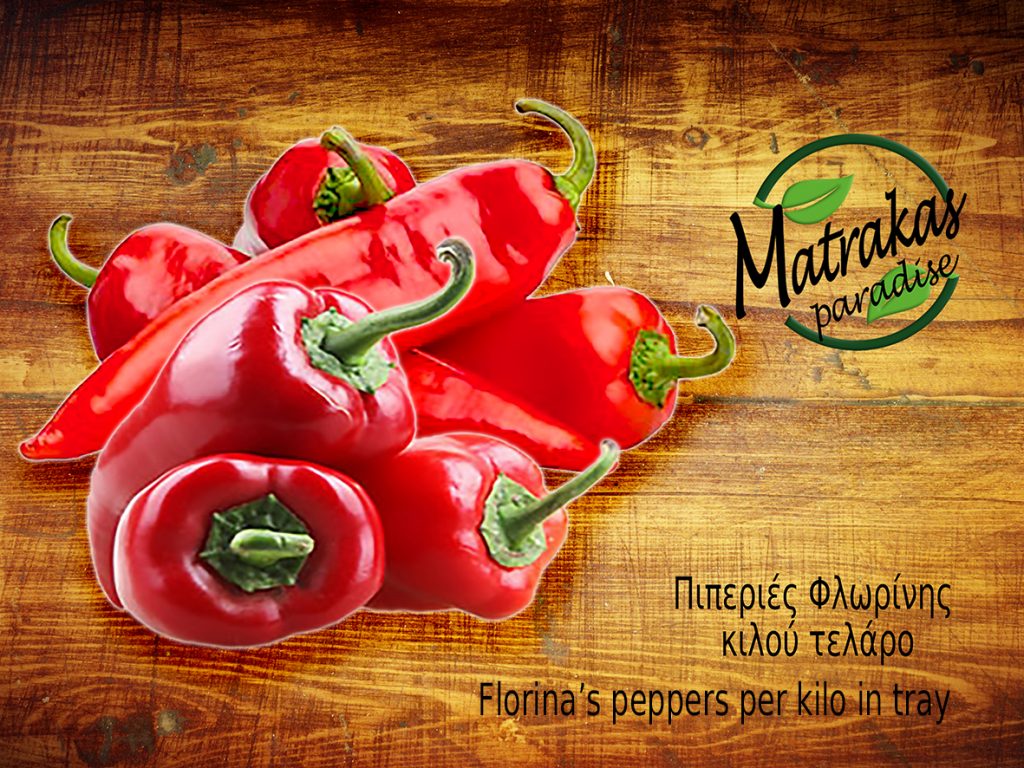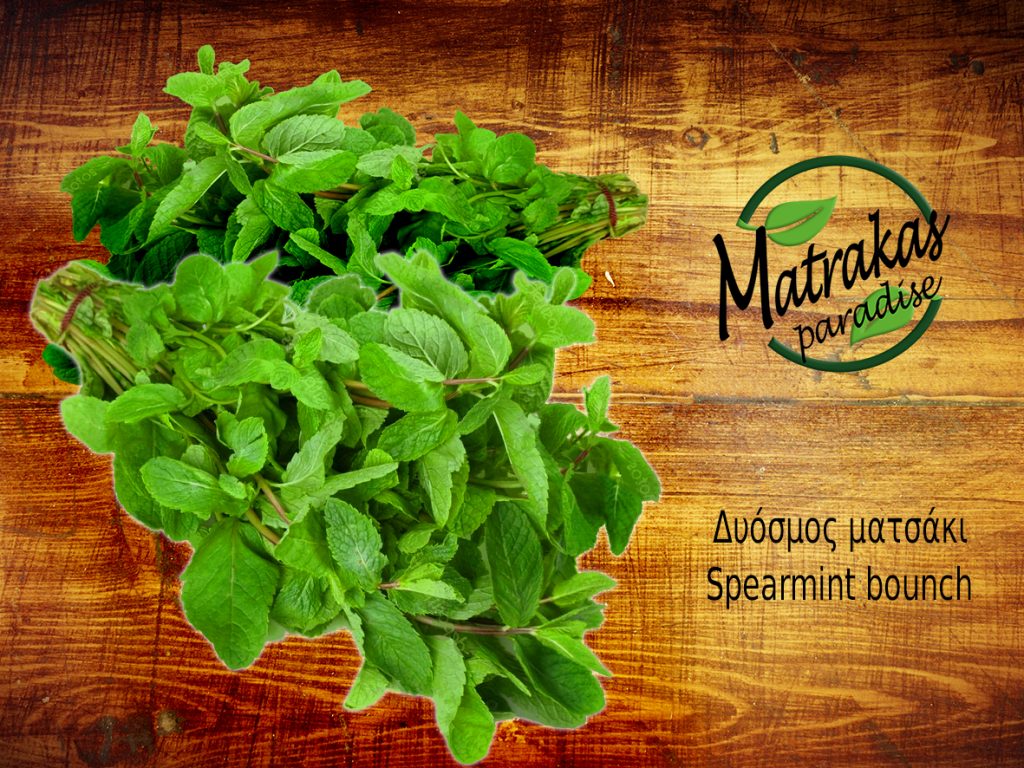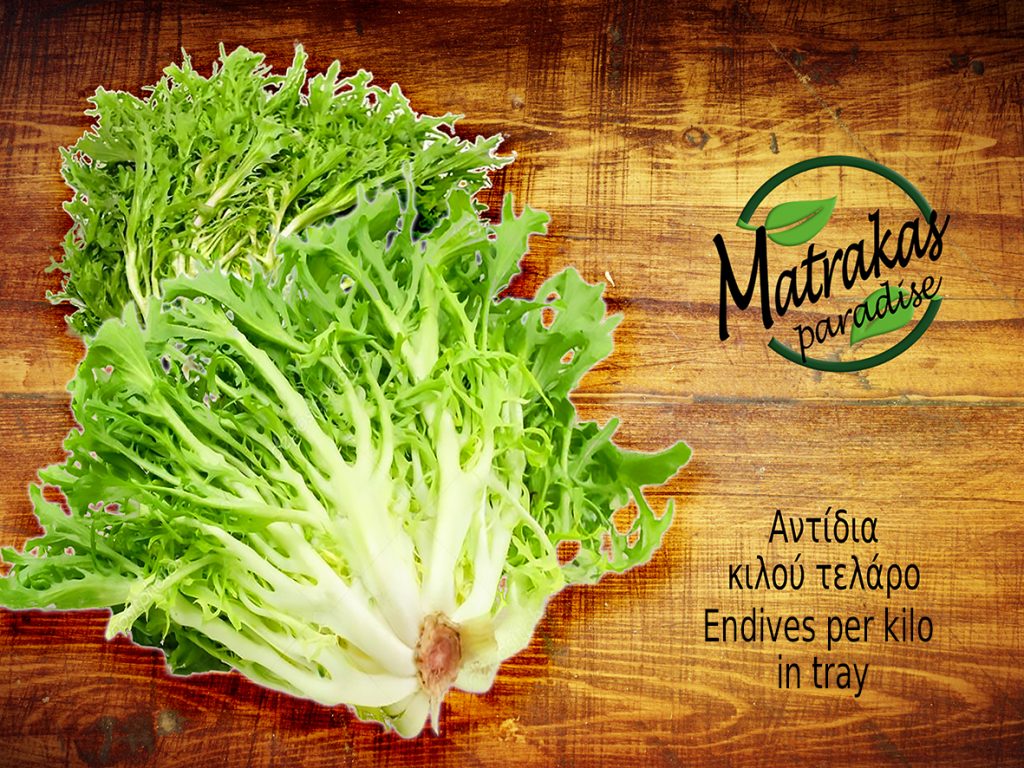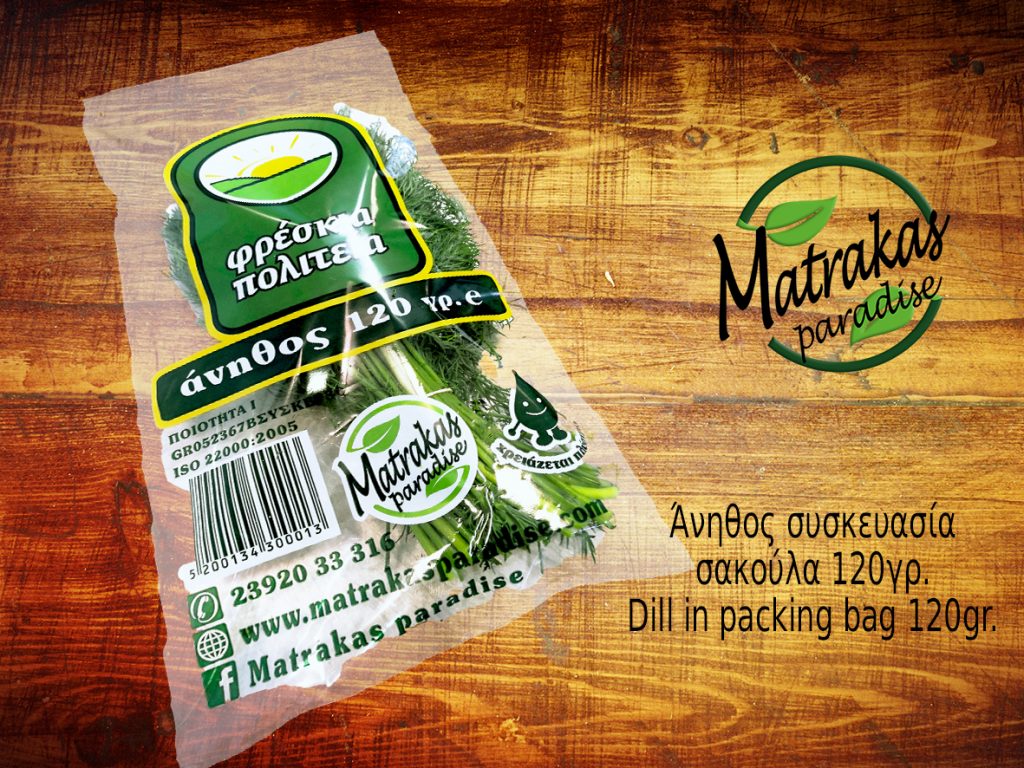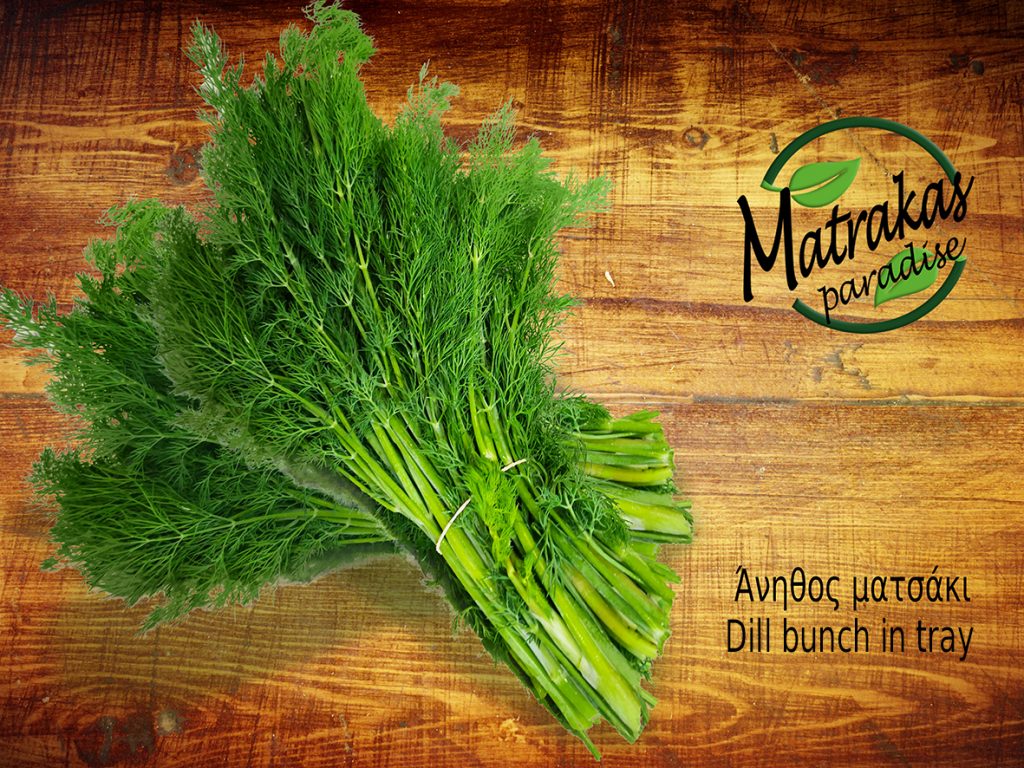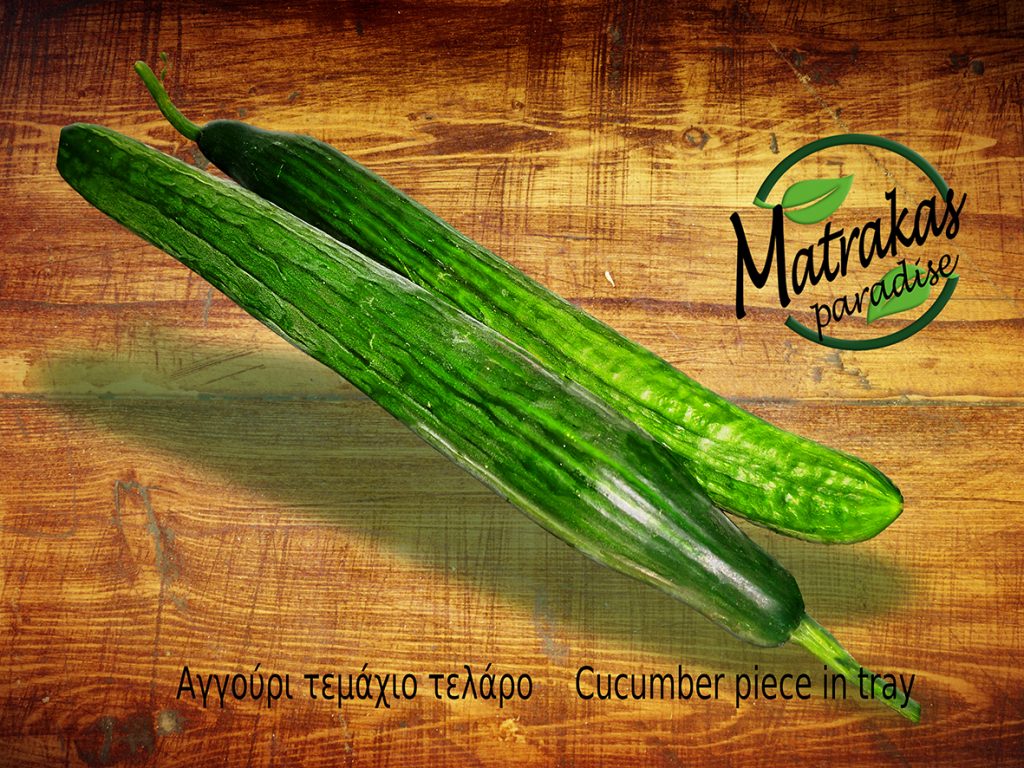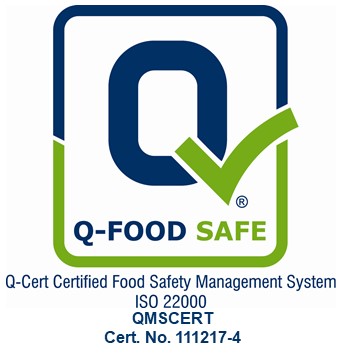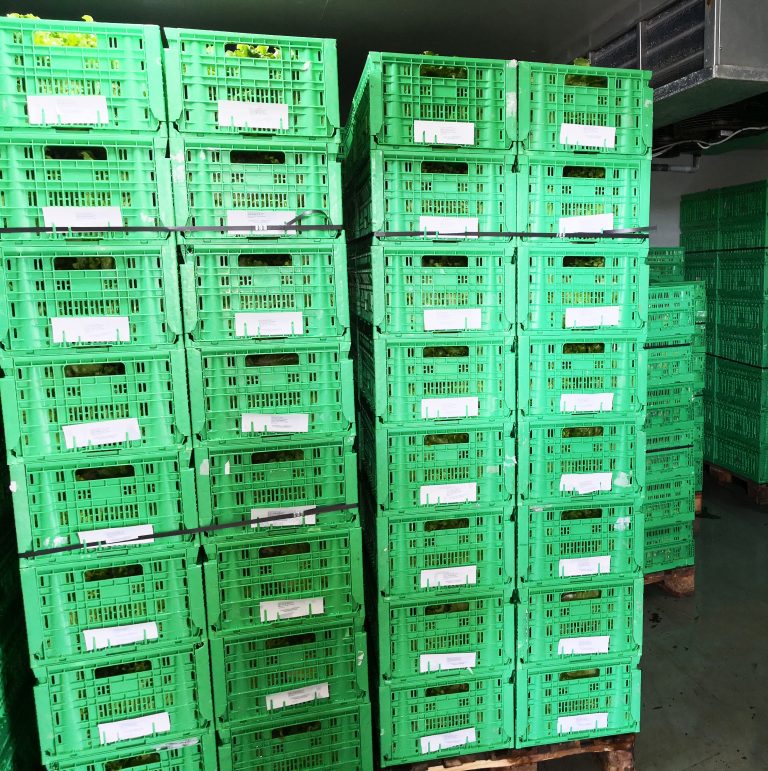ΠΙΣΤΟΠΟΙΗΣΕΙΣ
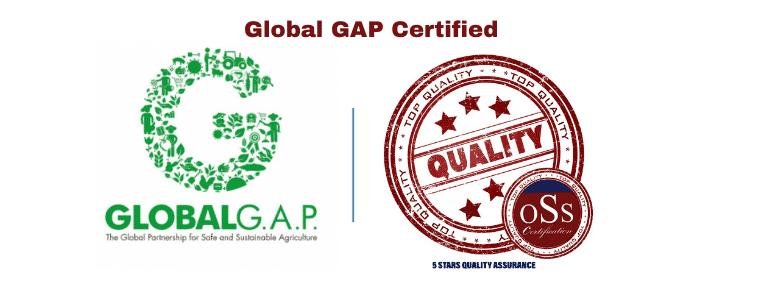
GGN 4063061701589
Πιστοποίηση ISO 22000
Η πιστοποίηση κατά ISO 22000 διασφαλίζει όλο το μήκος της αλυσίδας παραγωγής της βιομηχανίας τροφίμων, από το παραγωγό μέχρι το πωλητή λιανικής.
Τα πρότυπα ISO 22000, BRC, IFS, το FSSC 22000 θα μπορούσε εύκολα κανείς να τα χαρακτηρίσει ως τα κατ’ εξοχήν διεθνώς αποδεκτά πρότυπα με αμοιβαία αναγνώριση προς άλλα πρότυπα. Είναι σαφή, ξεκάθαρα σε απαιτήσεις και προσανατολισμένα στον καταναλωτή. Αποκορύφωμα όλων των προσπαθειών ήταν η κοινή θέση επιστημόνων, καταναλωτών, χονδρεμπόρων, φορέων πιστοποίησης και άλλων ενδιαφερομένων μερών στην ανάγκη Διαπίστευσης αυτών των προτύπων. Φορείς από όλη την Ευρώπη και την Ελλάδα πήραν το δικαίωμα ελέγχου και πιστοποίησης προϊόντος σύμφωνα με τα πρότυπα ISO 22000, FSSC 22000, BRC, IFS. Το Ε.ΣΥ.Δ (Εθνικό Συμβούλιο Διαπίστευσης), ως Εθνικός Φορέας Διαπίστευσης του Ελληνικού Υπουργείου Ανάπτυξης, διαπιστεύει τις φορείς πιστοποίησης. Ομοίως, φορείς διαπίστευσης σε ολόκληρο τον κόσμο διαπιστεύουν φορείς πιστοποίησης.
Η ανταπόκριση από όλα τα ενδιαφερόμενα μέρη είναι αξιοθαύμαστη και έχει ένα κοινό σκοπό: Ασφαλές τρόφιμο στο τραπέζι του καταναλωτή.
Τα BRC, IFS, ISO 22000 και FSSC 22000 είναι πρότυπα Διαχείρισης Συστημάτων της Υγιεινής και της Ασφάλειας των Τροφίμων. Εφαρμόζονται στην Τυποποίηση, Μεταποίηση, Αποθήκευση και Διάθεση προϊόντων και εξασφαλίζουν την περαιτέρω προώθηση ενός γεωργικού ή κτηνοτροφικού ή μεταποιημένου προϊόντος στον καταναλωτή.
Οι πιστοποίησεις BRC, IFS, ISO 22000, FSSC 22000, κ.α. έχουν δηλωθεί ως προαπαιτούμενο για την αγορά και διάθεση τροφίμων και μεταποιημένων τροφίμων. Η απαίτηση έχει δηλωθεί από πολλές Ομάδες Καταναλωτών και Σούπερ Μάρκετ στην Ευρώπη και σε όλο τον κόσμο. Η πιστοποίηση γίνεται όλο και πιο χρήσιμη στον καταναλωτή και η προστιθέμενη αξία της συμβάλλει στο «κύκλο ποιότητας για πιο ασφαλές τρόφιμο για τον καταναλωτή».
Η Q-CERT δραστηριοποιείται σε χώρες της Ευρώπης, της Ασίας και της Αφρικής μέσω ενός δικτύου συνεργατών και συνεργαζόμενων φορέων και παρέχει διαπιστευμένες υπηρεσίες πιστοποίησης μέσω της διαπίστευσης της από το Ε.ΣΥ.Δ. για τα πρότυπα ISO 22000 & FSSC 22000 και σε αποκλειστική συνεργασία με την NSF Certification για τα πρότυπα BRC, BRC/IOP & IFS
Ποιότητα, Ασφάλεια και Υγιεινή των διακινούμενων προϊόντων
Η εταιρείαμας έχει επιλέξει ως μέσο για την ανάπτυξη της, μια σαφώς καθορισμένη πολιτική για την ποιότητα και ασφάλεια-υγιεινή των διακινούμενων προϊόντων της. Μέσω της πολιτικής αυτής εκφράζεται η δέσμευση της εταιρείας για την παροχή υγιεινών προϊόντων των οποίων η σωστή χρήση, σύμφωνα με τις οδηγίες χρήσης ή κατανάλωσης τους δεν εγκυμονεί κανένα κίνδυνο για τον άνθρωπο.
Η λειτουργία και δράση της εταιρείας καθορίζονται από όσα ορίζονται στον Σχετικό Οδηγό του ΕΦΕΤ για την αποθήκευση και διακίνηση φρέσκων φρούτων και λαχανικών.
Η αυστηρή πολιτική ασφαλείας που εφαρμόζεται από την εταιρία ορίζει πληθώρα δραστηριοτήτων που εξασφαλίζουν την άριστη ποιότητα των προϊόντων μας. Μέσα σε αυτές συγκαταλέγονται η αξιολόγηση των προμηθευτών, η ιχνηλασιμότητα όλων των προϊόντων που διακινούνται, η συνεχής εκπαίδευση του προσωπικού, ο καθημερινός καθαρισμός των εγκαταστάσεων και του εξοπλισμού, οι αυστηροί ποιοτικοί έλεγχοι και άλλες δραστηριότητες που αποτελούν εγγύηση ποιότητας.
Συνοπτικά μέσω της εφαρμογής της πολιτικής ασφαλείας της εταιρείας εκφράζεται η δέσμευση αυτής για τα ακόλουθα:
- Παροχή προϊόντων που πληρούν όλους τους όρους υγιεινής και ασφάλειας και συμμορφώνονται με τις προδιαγραφές που ορίζονται τόσο από την Εθνική, όσο και από την Κοινοτική Νομοθεσία.
- Παροχή προϊόντων τα οποία προμηθεύεται από επιλεγμένους παραγωγούς οι οποίοι δεσμεύονται για την τήρηση της σχετικής Νομοθεσίας και τήρηση των οδηγιών των Γεωπόνων για την χρήση των φαρμάκων.
- Συνεχής προσπάθεια βελτίωσης της ποιότητας και ασφαλείας των προϊόντων μέσω του καθορισμού επιχειρηματικών δράσεων με στόχο την αύξηση της ανταγωνιστικότητας και την διασφάλιση της υγείας των καταναλωτών.
Η εγκυρότητα και αναγνώριση του συστήματος της εταιρείας είναι σύμφωνα με το διεθνές πρότυπο ISO 22000:2005 το οποίο καθορίζει τις απαιτήσεις για ένα σύστημα διαχείρισης της ασφάλειας τροφίμων που εγγυάται οτι η κατανάλωση των τροφίμων που εμπορεύεται η εταιρεία δεν εγκυμονεί κανένα κίνδυνο για την υγεία του καταναλωτή.
Όλοι οι εργαζόμενοι στην εταιρεία συμβάλλουν στην ουσιαστική εφαρμογή του συστήματος ποιότητας αλλά και στη βελτίωση του. Για το λόγο αυτό ανιχνεύονται όλες οι ανάγκες σε εκπαίδευση και λαμβάνεται μέριμνα για την παροχή εκπαίδευσης σε όλους τους εργαζόμενους, οι οποίοι ασχολούνται με δραστηριότητες που επηρεάζουν την ποιότητα.
Στόχος της εταιρείας είναι ο συνεχής εκσυγχρονισμός της μονάδας σύμφωνα με την τεχνολογική εξέλιξη και τις απαιτήσεις στην τεχνολογία της εμπορίας των φρέσκων φρούτων και λαχανικών
Πιστοποίηση GLOBAL GAP
Η πιστοποίηση GLOBALG.A.P. είναι το διεθνώς αναγνωρισμένο πρότυπο για την παραγωγή του αγροκτήματος. Το βασικό μας προϊόν είναι το αποτέλεσμα εντατικής έρευνας πολλών ετών και συνεργασία με τους εμπειρογνώμονες της βιομηχανίας, παραγωγούς και οι έμπορους λιανικής πώλησης σε όλη την υδρόγειο. Στόχος μας είναι ασφαλής και βιώσιμη γεωργική παραγωγή προς όφελος των αγροτών, εμπόρων λιανικής πώλησης και καταναλωτών σε όλο τον κόσμο. Η πιστοποίηση GLOBALG.A.P. καλύπτει:
- Ασφάλεια των τροφίμων και ιχνηλασιμότητα περιβάλλοντος (συμπεριλαμβανομένης της βιοποικιλότητας)
- Ασφάλεια και υγιεινή των εργαζομένων
- Ασφάλεια και ευημερία των ζώων Ολοκληρωμένη διαχείρισης καλλιεργειών (ICM)
- Ολοκληρωμένο έλεγχο παρασίτων (IPC)
- Σύστημα διαχείρισης ποιότητας (QMS) Ανάλυση επικινδυνότητας και κρίσιμα Σημεία ελέγχου (HACCP)
Οι απαιτήσεις της πιστοποίησης αυτής, μεταξύ άλλων, είναι η μεγαλύτερη αποδοτικότητα στην παραγωγή. Βελτιώνει την επιχειρηματική απόδοση και μειώνει τα απόβλητα σε ζωτικούς πόρους. Απαιτεί επίσης μια γενική προσέγγιση στη γεωργία που βασίζεται στις βέλτιστες πρακτικές για τις επόμενες γενιές

